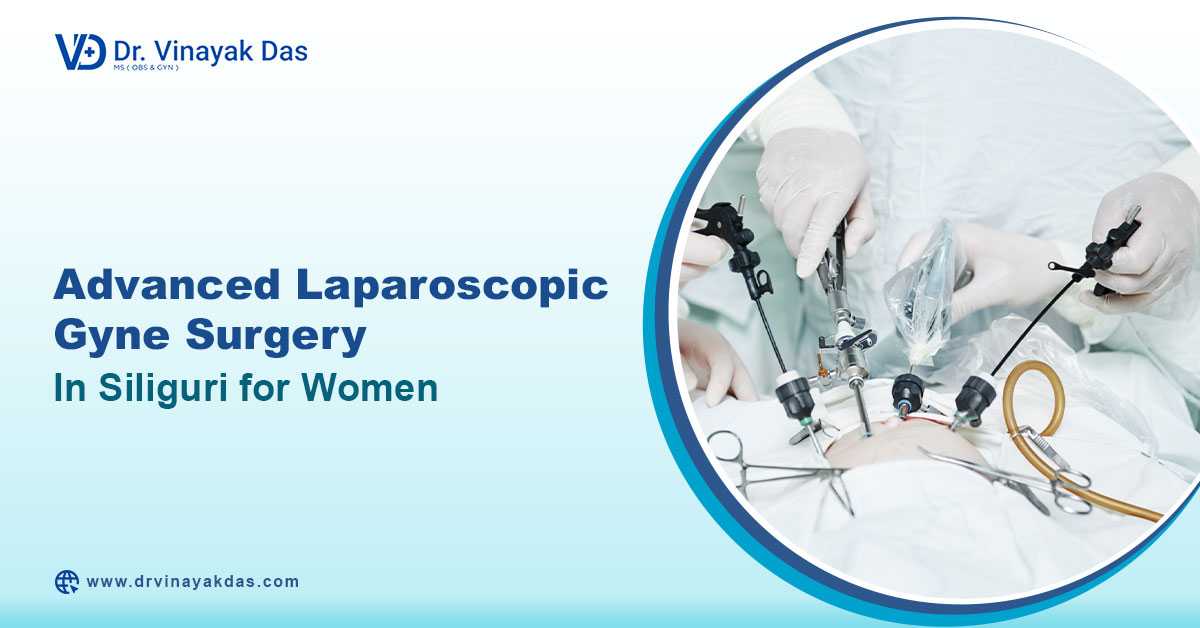Genetic testing is a kind of medical test that is used to identify changes in the chromosomes, genes or proteins. These tests look for any abnormalities in DNA taken from a person’s blood, body fluids or tissues and can also look for missing or extra section in the genes. Genetic tests examine a person's DNA in a variety of ways and they are all designed to identify differences between the gene being tested and a normal version of the same genes. Listed below are the different types of genetic testing.
Table of contents:
- Newborn screening
- Diagnostic testing
- Prenatal testing
- Preimplantation testing
Newborn screening
Newborn screening is conducted just after birth to identify genetic disorders which can be treated early in the baby’s life. Thousands of babies are tested each year for metabolic & genetic conditions. It aims to achieve early identification of conditions.
Diagnostic testing
Diagnostic testing is used rule out or identify a specific chromosomal or genetic condition. For most cases, genetic testing is used to confirm a diagnosis when physical signs and symptoms points to a particular condition. These tests can be performed before birth or at any time during a person’s life. The results of a diagnostic test can heavily influence a person's choices regarding their health care and the management of the disorder.
Prenatal testing
Prenatal testing is a test that detects changes in a fetus's genes or chromosomes before birth. This type of testing is conducted during pregnancy if there are increased odds of the baby having a genetic or chromosomal disorder. In some cases, prenatal testing lessens a couple's uncertainty and helps them make decisions about a pregnancy. However, it cannot possibly identify all of the inherited disorders and birth defects.
Preimplantation testing
Preimplantation testing, also called preimplantation genetic diagnosis (PGD), is a specialized technique that reduces the chances of having a child with a particular genetic or chromosomal disorder. This technique is particularly used to detect genetic changes in embryos that were conceived with the help of assisted reproductive techniques such as in-vitro fertilization. In order to perform an preimplantation testing procedure, a small number of cells are taken from these embryos and tested for particular genetic changes. Only embryos without these changes are selected for implantation in the uterus, to initiate a pregnancy.
Dr. Vinayak Das is a specialist in fetal medicine and High risk pregnancy with keen knowledge in the field of Gynecology, Obstetrics and high risk pregnancy and a considerable amount of experience in this field. He is also one of the most preffered doctors within the city and its neighboring areas. He actively advocates for women’s health and feels privileged to be serving them. He is also one of the only gynecologist and obstetrician with experience in genetic testing.





